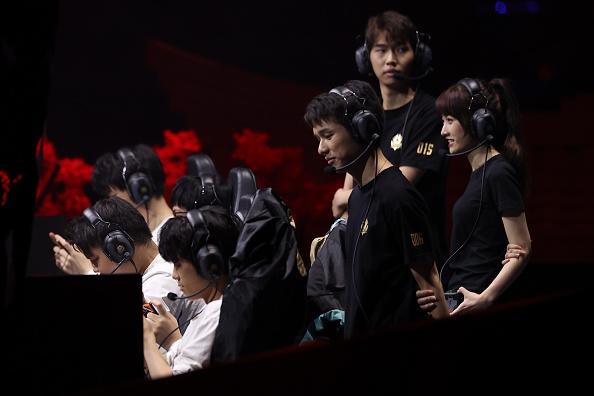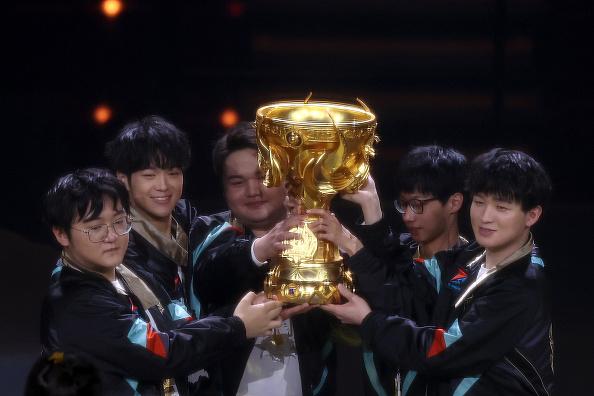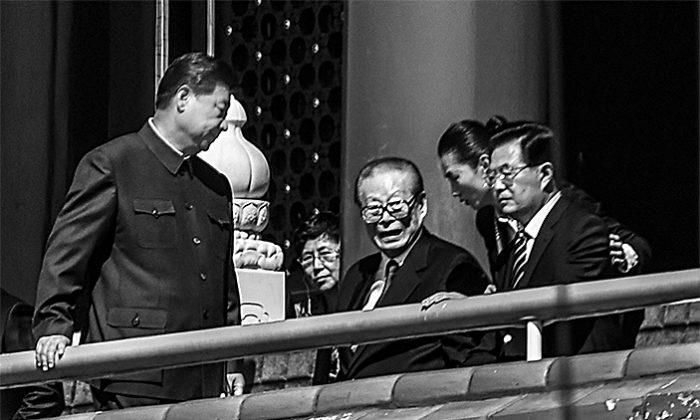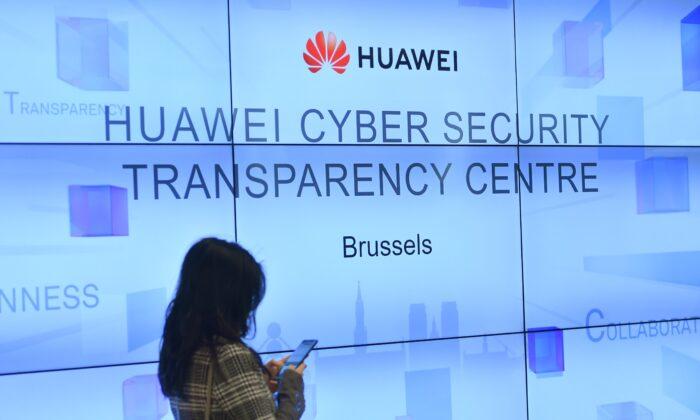The Economic Information Daily, a subsidiary of Chinese state-run media Xinhua News, published a report on Aug. 3 that heavily criticizes Tencent Holdings’ flagship game “Honor of Kings.” Throughout the years Tencent has been bending over backwards to adhere to Beijing’s regulations for online games, but now the company is in hot water. This shows that China’s “Online Game Anti-Addiction System,” which was mandated by the regime 14 years ago, is nothing but a political tool of the Chinese Communist Party (CCP).
At present, all online games on the Chinese market are equipped with an anti-addiction system that restricts minors’ gaming time to 3 hours a day. Game operators are also required to have players register with their real names in order to identify minors through a “national real-name verification system.” The policy was first implemented in 2007 and at that time did not include mobile games—it was revised in 2017 to include mobile games.
A steering committee that was formed under the Central Guidance Commission on Building Spiritual Civilization pushed for the anti-addiction system to be installed in games and connected to the central security data pool.
The Chinese regime has cracked down on China’s gaming industry multiple times. In 2017, Beijing’s mouthpieces such as People’s Daily, CCTV, and Xinhua lashed out at the industry. They particularly targeted Tencent’s “Honor of Kings” for its negative influence on students. The game was released in 2015.
Tencent installed the anti-addiction system in 2017 and has since upgraded all games with a “health system” that includes a curfew feature to limit gaming time for minors.
Back then, the state media such as People’s Daily touted the effectiveness of the anti-addiction system. According to Tencent’s report in 2018, the anti-addiction system of “Honor of Kings” was highly effective, resulting in 46 percent of children under 12 reducing their game time. The outcome should have pleased the parents and it demonstrated the satisfactory work of the steering committee that mandated the anti-addiction system.

There are high costs associated with accessing the anti-addiction system. As reported by the Chinese financial media Jiemian in 2017, it costs $0.77 to $0.93 for a verification inquiry to access the Ministry of Public Security server that connects to the anti-addiction system. “Honor of Kings” had 200 million registered users in 2017 and this year the number of registered users exceeded 500 million, according to Chinese news portal Sohu.
Now Economic Information Daily calls online gaming “spiritual opium” and “electronic drugs.” It claims that “Honor of Kings” is the most popular online game among school-aged children. This new type of “drug” has grown by leaps and bounds into a multi-hundred-billion-dollar industry.
Let’s take a look at how the state-run media once celebrated the online gaming market in China. People’s Daily called it the “E-sports Industry” in 2019. The Chinese media industry held its first “People’s E-sports Media Cup” in Beijing in 2020. According to the official introduction, the People’s E-sports Operation Center, under the guidance of the Beijing Spiritual Civilization Administration, has been leading the development of e-sports from a professional and authoritative perspective.
China’s economy is now in a slump and the regime needs to divert people’s attention by targeting certain companies. Beijing did not target Tencent out of concern for children. Cracking down on online games would help parents deal with their children’s gaming habits, but others would also be profiting from this. In this regard, the state-run media demonstrated their great influence.
After Economic Information Daily published its article, Tencent’s share prices dropped sharply and its investors suffered heavy losses. On the contrary, Xinhua and People’s Daily Online, whose stock prices have been sluggish for some time, attracted a lot of attention. Their stock purchase orders and stock prices soared on Aug. 3, according to China Finance Online.
The regulations of China’s gaming industry are only enforced when the top leadership wants to target an enterprise for their own gain.





Friends Read Free